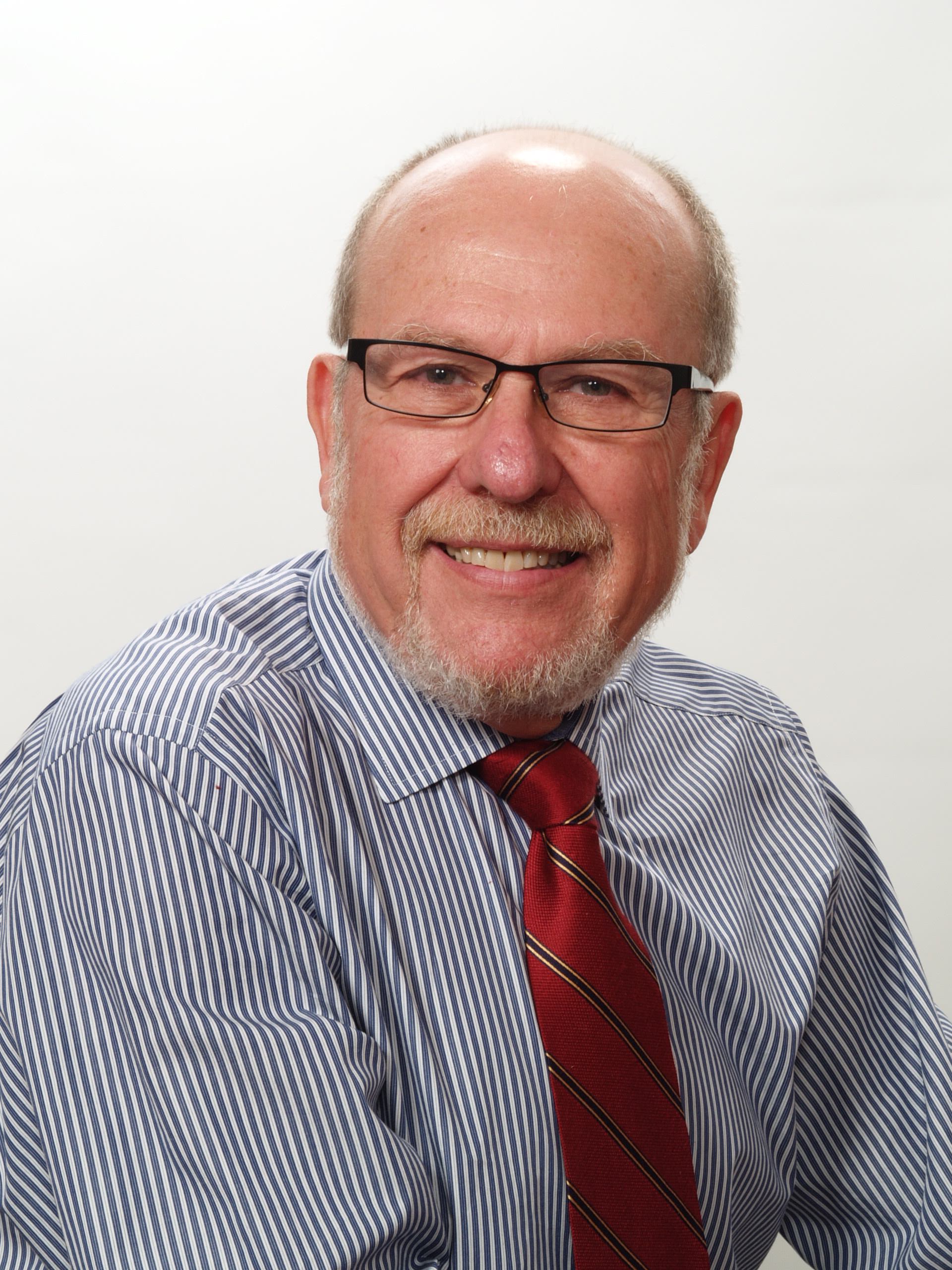 Arthur Weinstein, MD, FACP, FRCP, MACR
Arthur Weinstein, MD, FACP, FRCP, MACR
Former Chief of the Division of Rheumatology, Rheumatology Fellowship Program Director and Associate Chairman of the Department of Medicine (Research) at the Washington Hospital Center
Clinical Professor Emeritus of Medicine (Rheumatology Division), Georgetown University
Clinical Professor of Medicine (Rheumatology Division), Loma Linda University
My ongoing donations and legacy donation are a thank you to the Rheumatology Research Foundation for helping me and my rheumatology program in the past and for keeping its mission focused on training and research to improve patient care.
The Rheumatology Research Foundation, through its support of fellowship training and junior and mid-level faculty research and innovative research studies, provides critical funding for a specialty that is so important to so many patients. Rheumatology has had to compete for funding in academic departments with high profile specialties such as cardiology and cancer. Foundation funding has helped to level the playing field. Many of my colleagues in other cognitive specialties, such as nephrology and endocrinology, so admired the ongoing financial support we received from the Foundation. Ultimately the patients benefit from a constant stream of high-quality trainees who become superb clinical rheumatologists and from the advances in basic and clinical research.
When the Foundation came on the scene in the mid ’80s, many rheumatology programs were in dire straits. There were fewer fellow applicants, and many programs were suffering financially and could not afford to maintain their fellowship programs. As a consequence, some programs were merging with others, and some were discontinuing their training programs altogether. Of course, this translated to fewer practicing rheumatologists in the years that followed. The Foundation helped to reverse that course by providing training programs with salary support for both clinical research fellows and junior faculty pursuing research careers. My program, like others, benefitted directly, and by the late ’90s, we were able to expand substantially.
Furthermore, for several reasons, there was a turnaround in interest in rheumatology as a career, and Fellowship programs were then able to accommodate increased numbers of excellent applicants. Most of my former fellows are practicing rheumatologists, and some have academic careers of their own and are training the next generation of rheumatologists.
In these ways, the Foundation’s support of training programs is leaving a lasting legacy to patients, so it behooves me to leave a legacy gift to the Rheumatology Research Foundation to help continue this mission.


